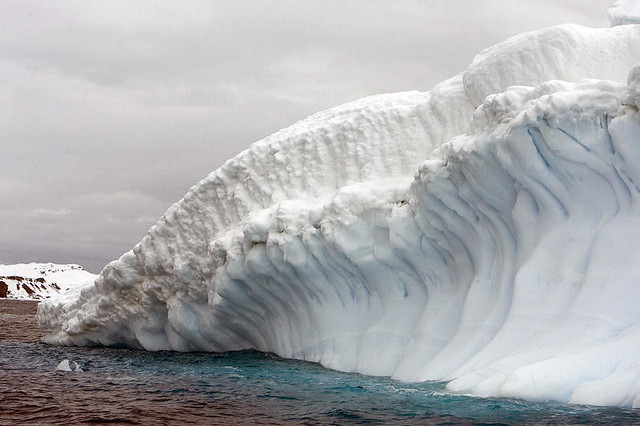Responding to Climate Change: Studies in Intellectual, Political, and Lived History
Responding to Climate Change: Studies in Intellectual, Political, and Lived History
Lane, M., Sörlin, S., Socolow, R.H., and McNeill, J.R.. 2018. Responding to climate change: Studies In Intellectual, political, and lived history.
Abstract
This introduction to a special issue of Climatic Change argues that it is timely and welcome to intensify historical research into climate change and climate as factors of history. This is also already an ongoing trend in many disciplines. The article identifies two main strands in historical work on climate change, both multi-disciplinary: one that looks for it as a driver of historical change in human societies, the other that analyzes the intellectual and scientific roots of the climate system and its changes. In presenting the five papers in this special issue the introduction argues that it is becoming increasingly important to also situate Bhistoricizing climate change^ within the history of thought and practice in wider fields, as a matter of intellectual, political, and social history and theory. The five papers all serve as examples of intellectual, political, and social responses to climate-related phenomena and their consequences (ones that have manifested themselves relatively recently and are predominantly attributable to anthropogenic climate change). The historicizing work that these papers perform lies in the analysis of issues that are rising in societies related to climate change in its modern anthropogenic version. The history here is not so much about past climates, although climate change itself is always directly or indirectly present in the story, but rather about history as the social space where encounters take place and where new conditions for humans and societies and their companion species and their life worlds in natures and environments are unfolding and negotiated. With climate change as a growing phenomenon histori- cizing climate change in this version will become increasingly relevant.
Photo: View of Collins Glacier in Antarctica. United Nations Photo/Flickr.




